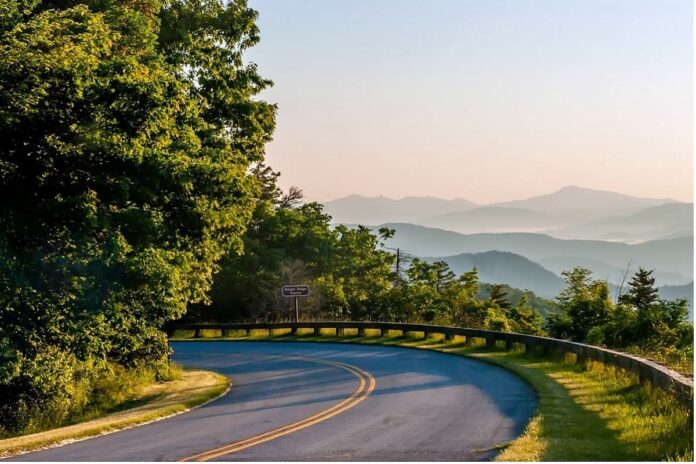A new National Park Service (NPS) report shows that 15,711,004 visitors to the Blue Ridge Parkway in 2022 spent nearly $1.3 billion in communities near the park. That spending supported 17,824 jobs in the local area and had a cumulative benefit to the local economy of $1.7 billion.
“Since 1916, the National Park Service has been entrusted with the care of our national parks. With the help of volunteers and partners, we safeguard these special places and share their stories with more than 300 million visitors every year. The impact of tourism to national parks is undeniable: bringing jobs and revenue to communities in every state in the country and making national parks an essential driver to the national economy,” said National Park Service Director Chuck Sams.
“While people come to the Blue Ridge Parkway to learn, hike, drive, be inspired, relax, and so much more, the Parkway was always envisioned as a driver for tourism in the local economies across the 469-mile corridor,” said Superintendent Tracy Swartout. “We are pleased to work closely with many tourism partners and local communities who continue to see the tangible and positive benefits of visitor spending in their areas.”
The peer-reviewed visitor spending analysis was conducted by economists at the National Park Service. The report shows $23.9 billion of direct spending by nearly 312 million park visitors in communities within 60 miles of a national park. This spending supported 378,400 jobs nationally; 314,600 of those jobs are found in these gateway communities. The cumulative benefit to the U.S. economy was $50.3 billion.
As for the economics of visitor spending, the lodging sector had the highest direct effects, with $9 billion in economic output nationally. The restaurants sector was had the second greatest effects, with $4.6 billion in economic output nationally.
Report authors also produce an interactive tool that enables users to explore visitor spending, jobs, labor income, value added, and output effects by sector for national, state and local economies. Users can also view year-by-year trend data. The interactive tool and report are available at the NPS Social Science Program webpage: Visitor Spending Effects – Economic Contributions of National Park Visitor Spending – Social Science (U.S. National Park Service) (nps.gov).
To learn more about national parks in state name and how the National Park Service works with state name communities to help preserve local history, conserve the environment, and provide outdoor recreation, go to www.nps.gov/northcarolina or www.nps.gov/virginia.

